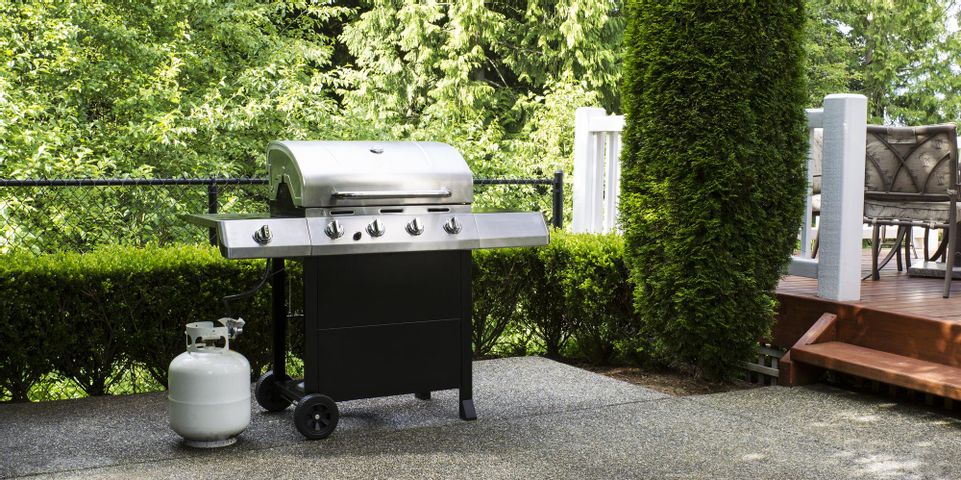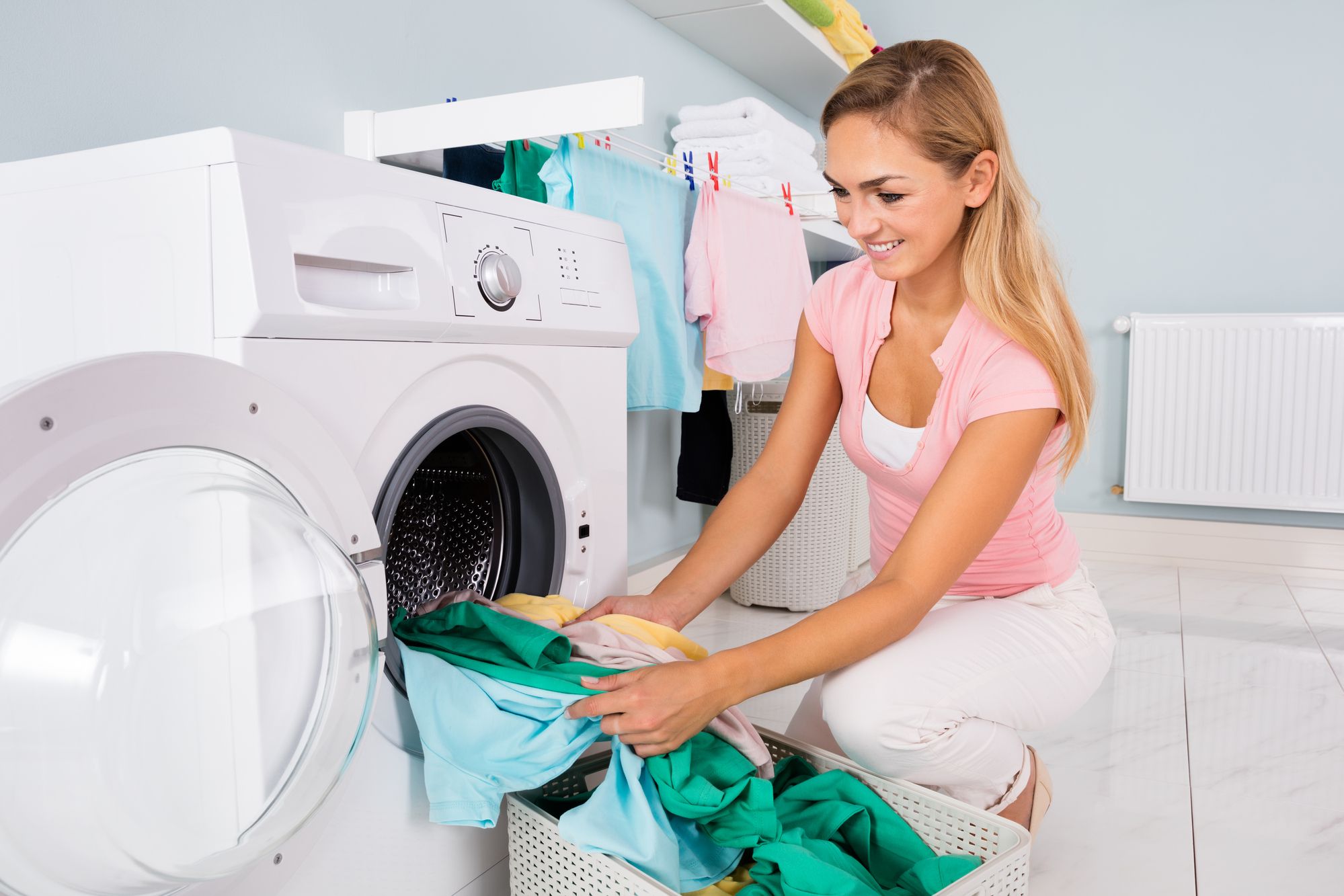
If you want to switch to propane fuel, consider the size of the propane tank you’ll need. The proper tank depends on what you need to power, tank placement, and available space. Smaller tanks are measured by weight, whereas larger tanks are identified by the number of gallons they hold. Use the following list as an essential guide when making your choice.
What Are Standard Propane Tank Sizes?
1. Portable Tanks
If you have a gas grill, you should be familiar with portable propane tanks. The most common size is the 20-pound tank, which holds about 5 gallons of liquid propane, enough to fire up the grill for a few months. Portable propane tanks are also available in a 40-pound size to power vehicles like forklifts. There are also 100-pound tanks ideal for powering a single appliance, like a gas dryer or fireplace. When these tanks are empty, they are usually refilled at a licensed station.
2. 500-Gallon Tank

If you have more than one gas appliance or have a pool heater, a 500-gallon tank is the best choice. These are the most common propane tanks for residential purposes and are designed for homes up to 4,500 square feet. These tanks can only be refilled by propane delivery and are subject to strict rules regarding placement. They can be buried or installed above ground but must be placed at least 10 feet away from your home and 10 feet from any ignition sources. The tanks are large, measuring 3.5 feet in diameter and 10 feet long.
3. 1,000-Gallon Tank
A 1,000-gallon tank is 16 feet long. This size is only necessary if you have a large home that is over 4,500 square feet. They are also commonly found on farms, which require more fuel. These tanks are subject to the same regulations as 500-gallon tanks and require onsite propane delivery.
If you want to install a propane tank, or you need propane delivery, call Wallace Oil Company in Otero County, CO. Their certified technicians have over five decades of experience providing gas tanks and vehicle repairs for homes, businesses, and farms. To learn more about their services, call them at (719) 384-5424 or visit their website for information.
About the Business
Have a question? Ask the experts!
Send your question

